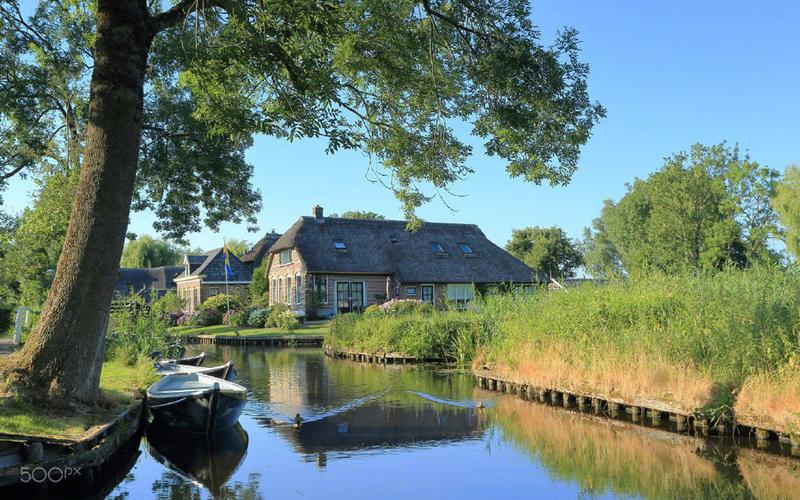Nature-Based Learning: The Benefits of Outdoor Activities for Preschoolers
When we think of learning opportunities for young children, we often think of structured classroom environments, with reading, math, and writing as the core subjects. But what if we told you that learning in a natural environment can not only be as effective, but even more impactful? That’s the idea behind nature-based learning, an educational philosophy that emphasizes the importance of connecting children with nature. In this article, we’ll explore the benefits of outdoor activities for preschoolers and how they can contribute to their growth and development.
Enhancing Physical Development
One of the most evident benefits of outdoor activities is the impact on a child’s physical development. It’s a well-known fact that children need opportunities for physical activities in order to keep growing strong and healthy. Outdoor activities provide kids with a safe space to run, jump, swing, climb, and explore. These activities help build mobility, agility, and strength while improving their gross motor skills.
Mental and Emotional Development
Outdoor activities are also beneficial for mental and emotional development. When children explore the outdoors, the natural environment stimulates their senses and encourages their curiosity. This sense of exploration helps children develop their cognitive skills, including problem-solving, decision-making, and creativity. It also helps foster a sense of wonder, empathy, and respect for nature.
Developing Social Skills
Outdoor activities are a great way for children to develop their social skills. When kids engage in outdoor activities together, they learn valuable group skills such as cooperation, teamwork, and communication. These experiences also enhance their social and emotional intelligence, including self-awareness, perspective-taking, and empathy.
Building a Connection with Nature
Finally, outdoor activities can be instrumental in building a lifelong connection with nature. When children engage with the natural world, they develop a sense of comfort and confidence in their surroundings. This connection can lead to a deeper appreciation for the natural world and a desire to protect it.
Examples of Outdoor Activities for Preschoolers
Now that we’ve discussed the benefits of outdoor activities for preschoolers, let’s explore some examples of what these activities can involve:
1. Nature Walks – Taking a nature walk is an excellent way for preschoolers to explore and enjoy the natural environment. During these walks, they get to observe and learn about different plants, animals, and features of the environment.
2. Sensory Learning – When outdoors, children can explore and learn about different textures, smells, sounds, and tastes in nature. Activities such as splashing in puddles, digging in the dirt, and smelling flowers can help to develop their sensory skills.
3. Gardening – Gardening activities such as planting seeds, watering plants, and harvesting fruits and vegetables foster a sense of responsibility and encourage kids to care for living things.
In Conclusion
Nature-based learning is a powerful tool for preschoolers to develop physically, mentally, socially, and emotionally. It’s important for parents, caregivers, and educators to understand the numerous benefits of outdoor activities for children and provide them with ample opportunities for engaging with nature. By doing so, we can help children develop a lifelong connection to the natural world while promoting their overall growth and development.
(Note: Do you have knowledge or insights to share? Unlock new opportunities and expand your reach by joining our authors team. Click Registration to join us and share your expertise with our readers.)
Speech tips:
Please note that any statements involving politics will not be approved.
